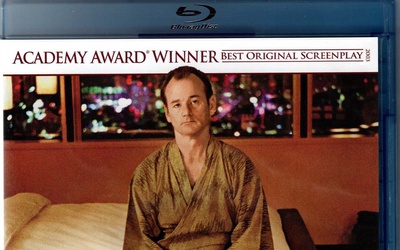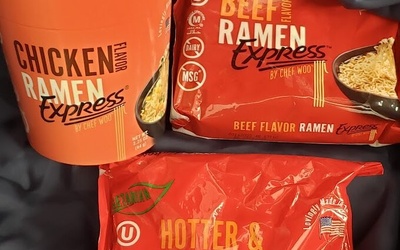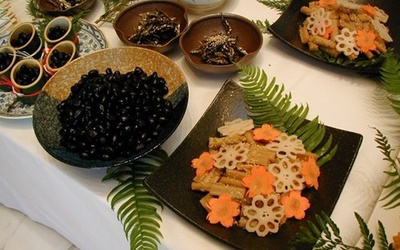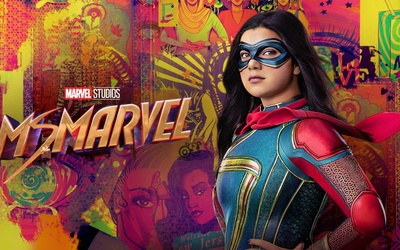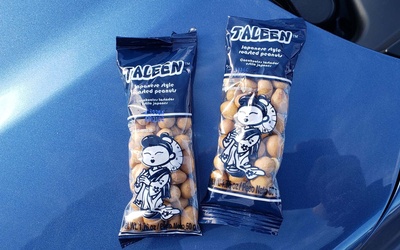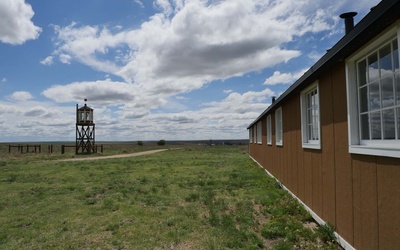Nikkei View
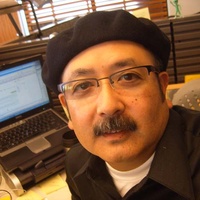
This series presents selections from Gil Asakawa’s “Nikkei View: The Asian American Blog,” which presents a Japanese American perspective on pop culture, media, and politics.
Visit the Nikkei View: The Asian American Blog >>
Stories from this series
Interpreting Lost in Translation 20 years later
Nov. 30, 2023 • Gil Asakawa
I get it. I understand. Traveling to someplace you’ve never been, where the culture and language is foreign to you, can be challenging. I know lots of Americans–including some Japanese Americans–who’ve either been hesitant to go to Japan, or who’ve gone and struggled to adjust to the oddly familiar, yet unfamiliar, sights, sounds, tastes and culture. It can be discombobulating. That’s the opening premise of a movie that was released 20 years ago: Lost in Translation. The film was written …
On “Authenticity” in Japanese food
May 7, 2023 • Gil Asakawa
Maybe not surprisingly, I’ve been a stickler for “authenticity” in food—especially Japanese food. I was born in Japan, and I’ve loved Japanese food all my life. I even wrote a book about the history of Japanese food in America, Tabemasho! Let’s Eat! I’m a foodie who takes #foodporn shots of many of my meals. I love all cuisines and seek out new dishes to try. And I try to make sure that the food I like reflects traditional culture, accurately …
Eating Together Again for the Holidays
Jan. 3, 2023 • Gil Asakawa
It’s been a long, sometimes lonely three years since COVID-19 arrived in the world and changed all our lives. For many of us, this holiday season may be the first since the pandemic shutdowns when we’ll be traveling to visit family once again, and dining with them. (Of course, we didn’t know a historic deep freeze would disrupt nationwide travel over the Christmas weekend….) If we’re lucky, we live not far from our parents and grandparents, and have been able …
Learning about Asian Americans through Pop Culture
Oct. 28, 2022 • Gil Asakawa
Pop culture can be a mirror that reflects the issues and values of its time—for good and bad. For instance, Hollywood initially embraced Asians, and two of the early film era’s biggest stars were Los Angeles-born Chinese American Anna May Wong and Japanese-born Sessue Hayakawa. Anna May Wong is now featured on a quarter; Sessue Hayakawa is probably best remembered today for The Bridge over the River Kwai. But as the 20th century progressed, Hollywood began casting white actors with eyes taped …
I’m so disappointed to see stereotyped snack packaging in my supermarket
May 25, 2022 • Gil Asakawa
Racial stereotypes used to be part of the American consumer landscape – everywhere you turned there was a depiction, playful caricature or a ghastly exaggerated image of a person of color on commercials and ads on television or publications, or on packaging on store shelves. But if nothing else, the recent years of anti-racism protests in the wake of the murders of George Floyd and the many Black men and women before him and since, has awakened mainstream Americans and …
This Year’s Pilgrimage to Amache Will Be Very, Very Special
April 8, 2022 • Gil Asakawa
Every year on the Saturday before Labor Day Weekend, people converge in southeast Colorado to visit Amache, the camp where 9,000 people of Japanese descent were incarcerated during World War II. This annual pilgrimage started in 1975, organized by Denver activists Marge Taniwaki and Russell Endo. It’s always an inspiring journey, which starts at the site of the concentration camp and ends at nearby Granada School, where community leaders and the amazing students of the Amache Preservation Society at the …

